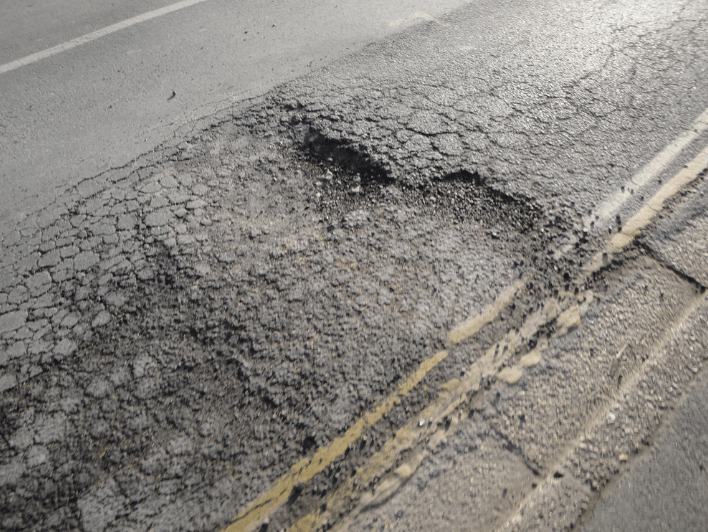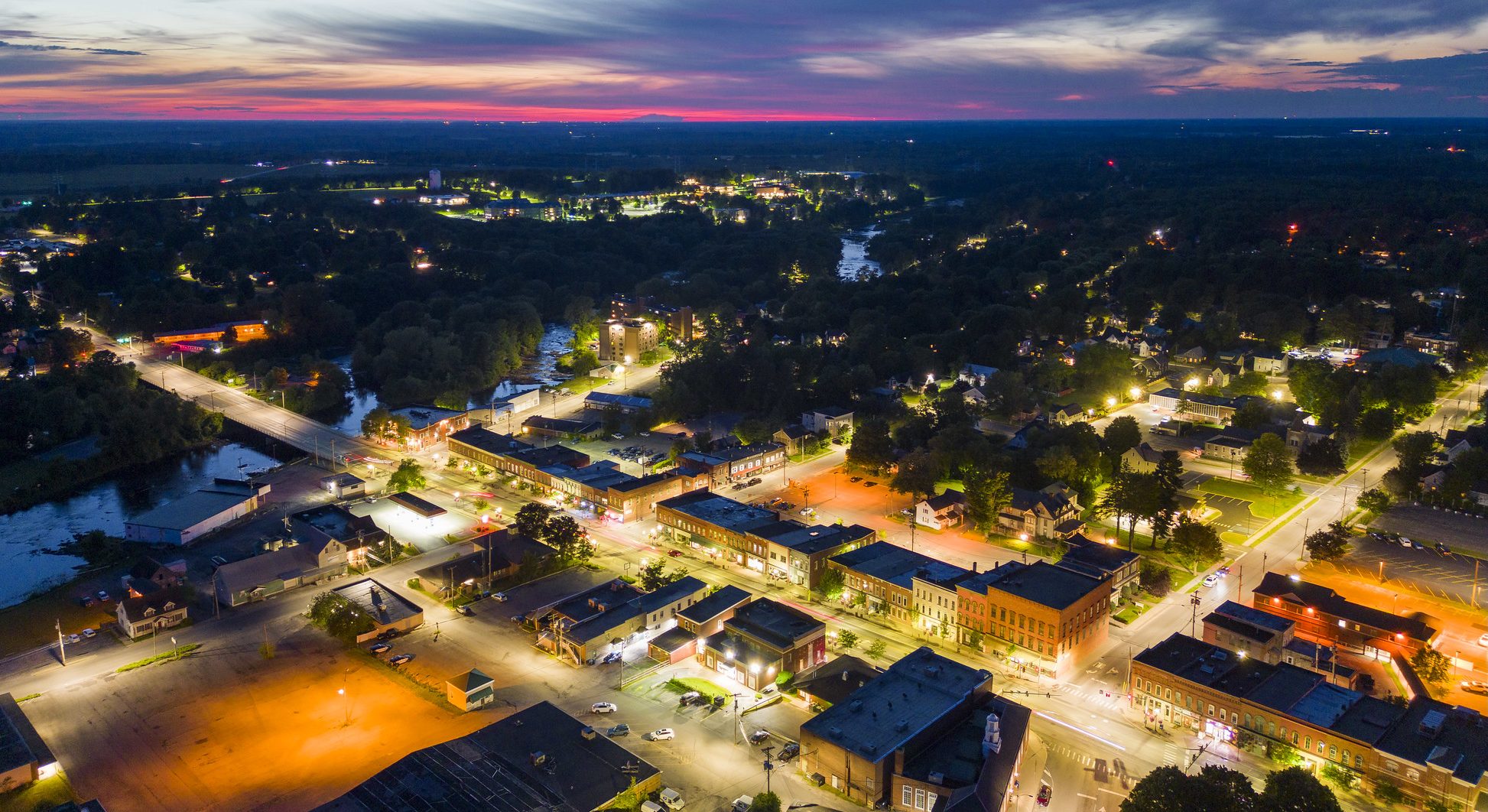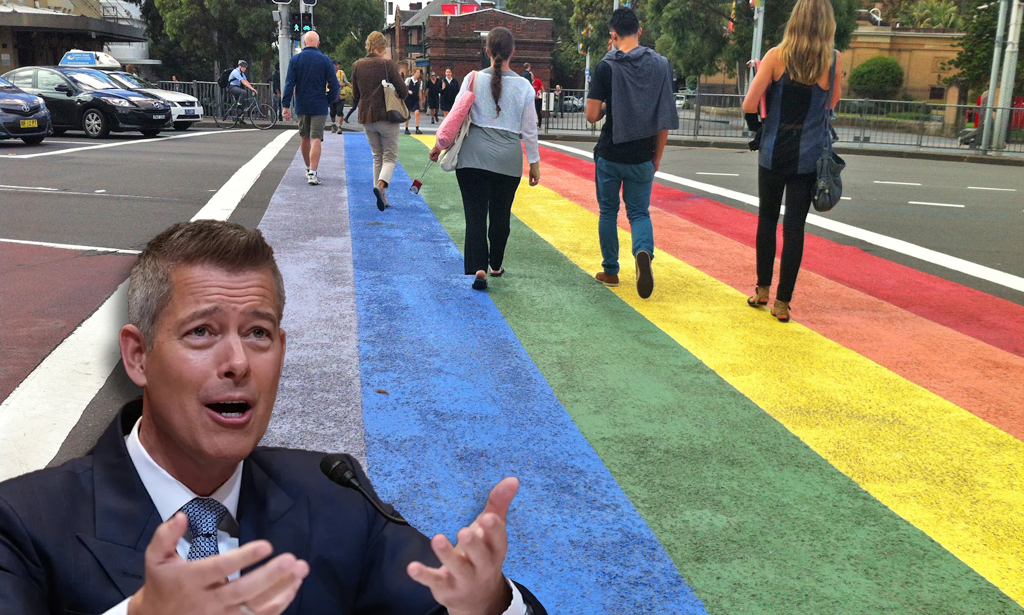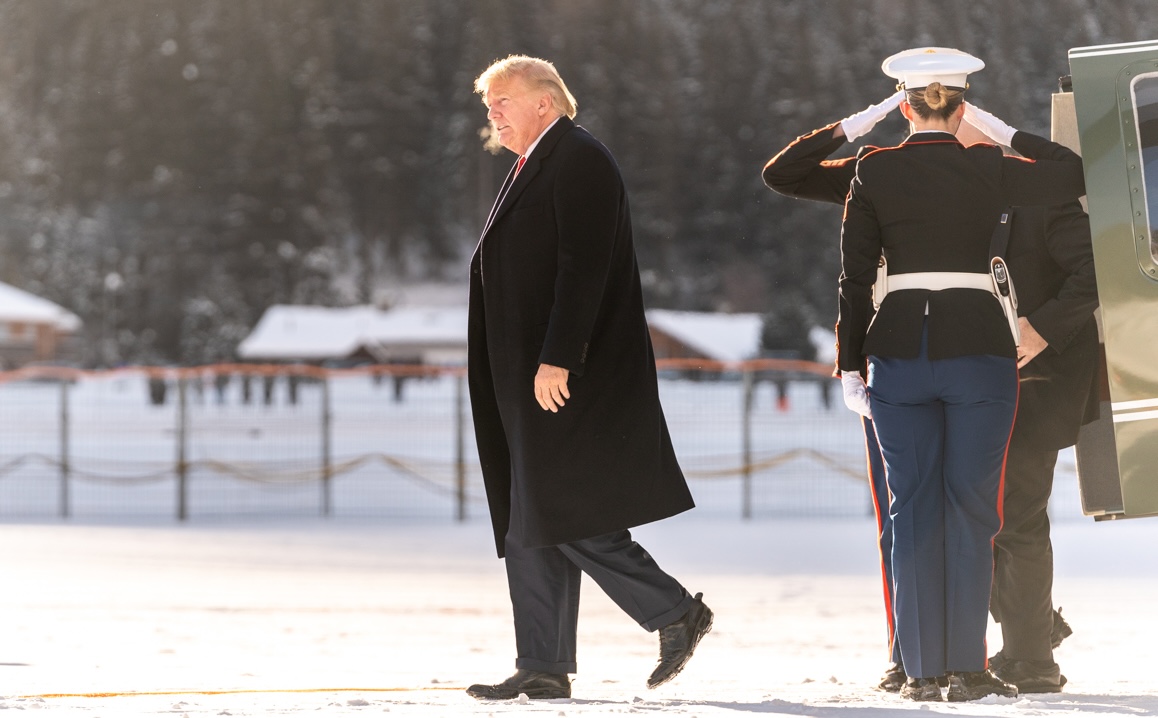The conventional wisdom about America's infrastructure woes is that cash will solve everything. That's the pitch Donald Trump is making with his vaguely-defined $1 trillion infrastructure package.
But simply spending a lot on infrastructure is no guarantee of better transportation conditions. It can easily make things worse. Wisconsin is a perfect example.
James Rowen at The Political Environment notes that under Governor Scott Walker, Wisconsin has gone on an enormous road spending spree. The state has lavished more than $6 billion on huge highway interchanges in the greater Milwaukee area. But this orgy of road spending has coincided with the neglect of basic maintenance, which even the Walker administration has been forced to admit, the Journal-Sentinel reports:
The share of roads in poor condition will double, debt payments and the state's stream of cash for road and highway projects will barely grow, a state official told lawmakers Tuesday.
By 2027, the share of state roads in poor condition would double to 42% while the money available to address those growing challenges would increase at only one-quarter the recent inflation rate, state Transportation Secretary Mark Gottlieb testified to lawmakers Tuesday.
The state now has more highways to maintain thanks to the billions Walker spent, which only makes the maintenance backlog worse. Rowen says this situation will cost Wisconsinites dearly:
The SE WI expansion and rebuilding includes 127 new lane miles and many wider ramps -- adding hundreds of millions of dollars to the bottom line, thus slowing down or starving completely other projects statewide and aid to local governments for road repairs which, if left unfunded, only raise local property taxes, so-called vehicle 'wheel taxes,' and motorists costs in blown tires, broken shocks and damaged axles. And nerves.
So get ready for either increased vehicle and licensing fees, or gas taxes, or, more likely, deep service cuts across the board.
Elsewhere on the Network today: The Tri-State Transportation Campaign shows impressive before and after shots of Rochester's "Inner Loop" highway removal. Urban Review STL says what St. Louis needs is form-based code, not old height restrictions. And Streets.mn questions the need for dedicated bike funding.






